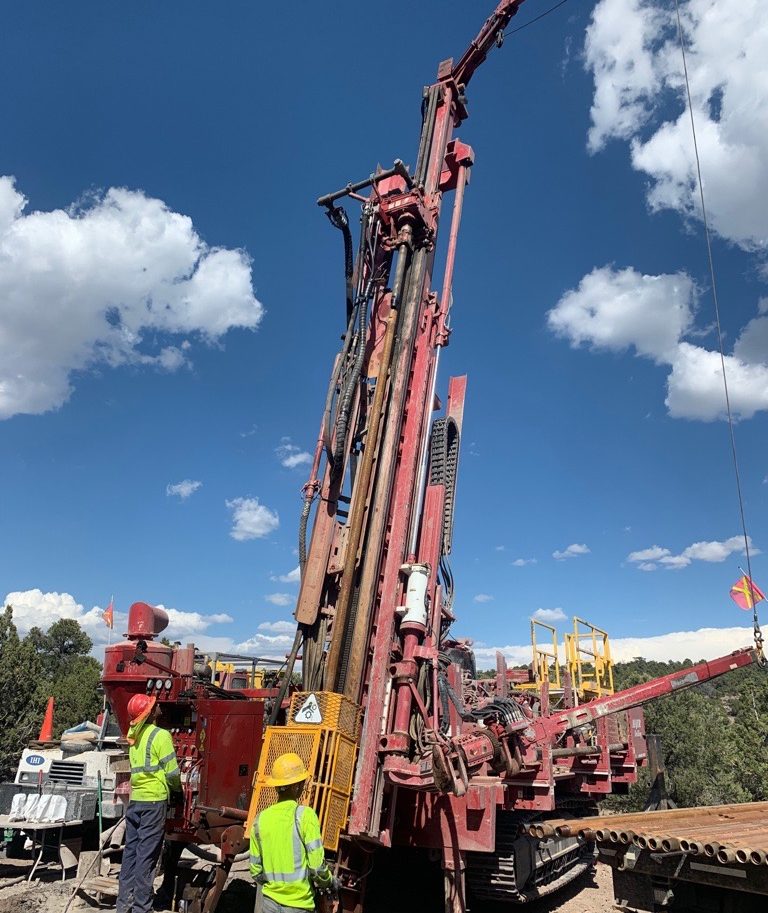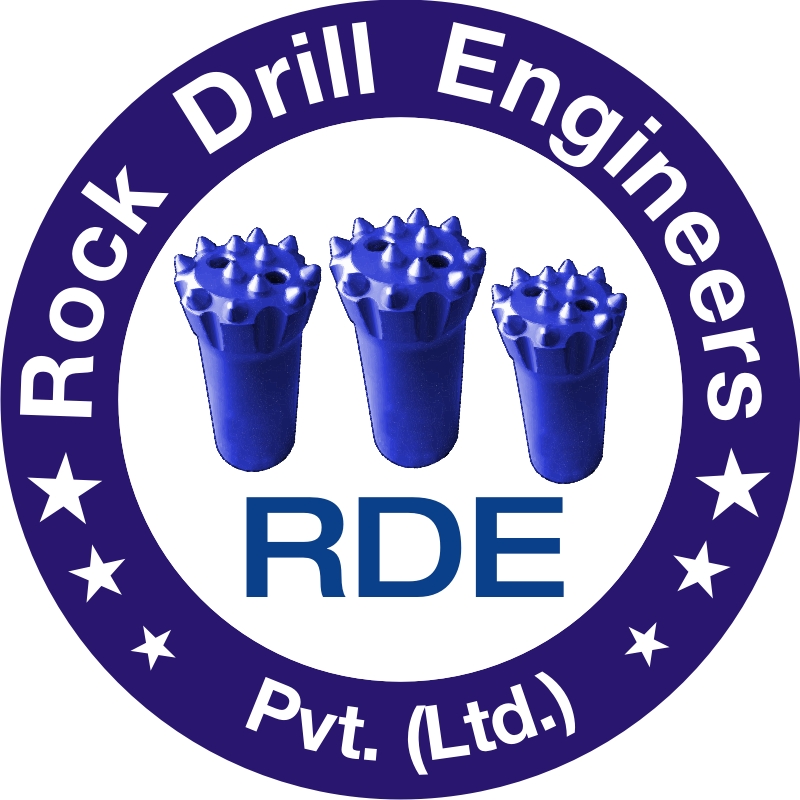
Introduction
Rock drilling services play a crucial role in various industries such as mining, construction, and geotechnical engineering. These services are fundamental for the exploration and extraction of natural resources, assessing soil and rock conditions, and ensuring the stability of structures. Companies offering rock drilling and exploration services utilize advanced technologies and methodologies to deliver precise and reliable results.
Services Offered
Core Drilling
- Purpose: To retrieve cylindrical samples of rock and soil from beneath the earth’s surface. These samples are analyzed to determine the geological and mineralogical properties of the subsurface.
- Applications: Mineral exploration, geotechnical investigations, and environmental assessments.
- Process: Core drills use a hollow bit to cut through rock, and the core samples are extracted for examination.
Blast Hole Drilling
- Purpose: To create holes for the placement of explosives used to break rock into smaller, manageable pieces.
- Applications: Mining operations, quarrying, and construction projects requiring rock fragmentation.
- Process: Large drills equipped with powerful engines are used to drill deep, precise holes into rock formations
Geotechnical Drilling
- Purpose: To collect soil and rock samples for analyzing the mechanical and physical properties crucial for engineering and construction projects.
- Applications: Foundation design, slope stability analysis, and infrastructure development.
- Process: Drilling methods may include rotary, auger, or percussion drilling, depending on the soil and rock conditions.
Exploration Drilling
- Purpose: To locate and evaluate natural resources such as oil, gas, coal, and minerals.
- Applications: Resource discovery and evaluation, environmental impact assessments.
- Process: Drilling techniques vary based on the target resource and the geological formation.
Environmental Drilling
- Purpose: To assess environmental conditions, including soil contamination and groundwater quality.
- Applications: Environmental impact studies, contamination remediation, and monitoring of environmental conditions.
- Process: Techniques such as soil boring and groundwater sampling are employed to gather necessary data.
Equipment and Technologies
- Drilling Rigs: Various types of rigs are used depending on the drilling requirements, including rotary rigs, percussion rigs, and diamond rigs.
- Core Barrels: Specialized equipment to retrieve core samples.
- Drill Bits: Tools designed for cutting through different types of rock and soil.
- Geophysical Tools: Instruments used in conjunction with drilling to assess subsurface conditions.
Safety and Environmental Considerations
- Safety Protocols: Adherence to strict safety standards is essential to prevent accidents and ensure the well-being of personnel.
- Environmental Protection: Measures are taken to minimize the environmental impact of drilling activities, including waste management and habitat preservation.
Choosing a Rock Drill Provider
When selecting a rock drill provider, consider the following factors:
- Experience and Expertise: Evaluate the provider’s track record in handling similar projects.
- Equipment Quality: Ensure that the provider uses modern and well-maintained equipment.
- Safety Standards: Verify the provider’s adherence to safety regulations and practices.
- Reputation and References: Check reviews and references from previous clients.
Conclusion
Rock drilling and exploration services are essential for various industries, providing crucial information and facilitating resource extraction. By employing advanced techniques and maintaining high standards of safety and environmental care, these services support successful project outcomes and informed decision-making. Whether for mining, construction, or environmental assessment, selecting a reputable rock drill provider ensures the effectiveness and reliability of the exploration process.
